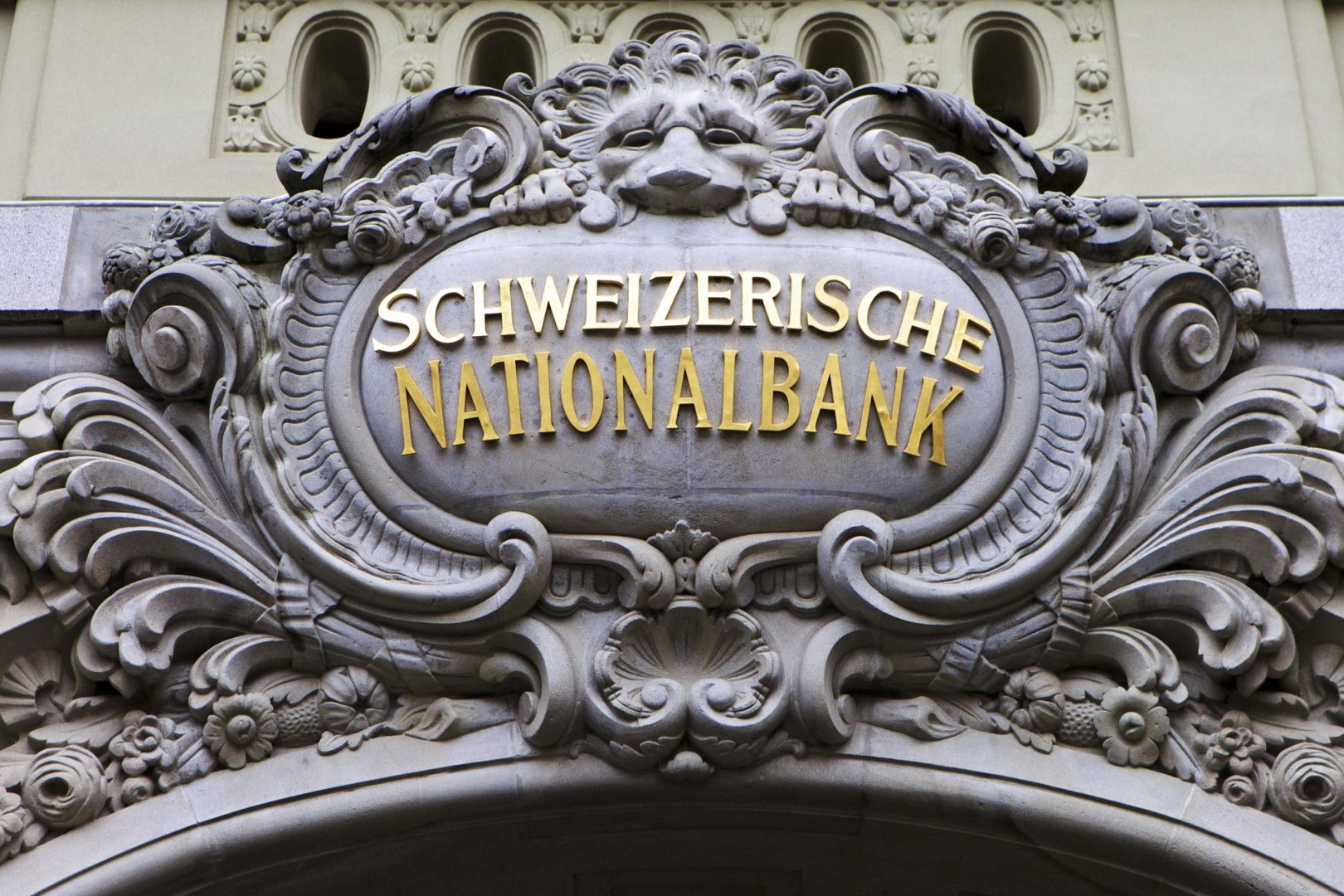Swiss referendum will decide who can create money

Yet on Sunday, the Swiss will vote on a far-reaching monetary reform known as Vollgeld, or sovereign money. The chances are slim – 54 percent of the Swiss are against it, according to a recent poll – but if approved, the referendum could set off a seismic shift in Switzerland’s economy. Financial traders are said to be hedging their bets, given the surprises on Brexit and the last US presidential election.
Contrary to common belief, most money in the world is not produced by central banks but is instead created by commercial lenders when they lend beyond the deposits they hold for savers.
This arrangement, underpinned by the belief that most debts will be repaid, has been a cornerstone of the global capitalist system but opponents say it is unstable because the new money created exceeds economic growth. Swiss campaigners want to replace this approach, where banks regularly roll over their financing of loans, with a system of “Vollgeld” – which can be translated to “real money”.
“A large majority of people in Switzerland don’t want commercial banks to produce money out of nothing and believe only the SNB should have the right to create money in Switzerland – this is their chance to make this happen,” said Raffael Wuethrich, one of the campaign’s leaders said.
The Sovereign Money initiative would allow banks only to give credit to customers using funds they have from long term customer deposits, the Swiss National Bank (SNB) or money markets. “Our opponents have tried to make people afraid and insecure about our plans, but when people find these fears are unfounded they are coming over to our side,” said Wuethrich.
If the Swiss vote ‘yes’, the law introducing ‘real money’ would be written into the country’s constitution. It would then fall to the government to work out how to introduce it within three years. The referendum is in part the result of growing frustration in traditionally banker-friendly Switzerland with the financial sector, after the government bailed out the country’s biggest lender UBS in 2008. This, along with rock bottom interest rates for savers and sky-high pay packets for finance executives, has opened the way for a vote which could turn back the clock 100 years to when the SNB created most of the money used in the country.
Detractors argue this practice increases the risk of financial disasters and boom-and-bust cycles. Led by Reinhold Harringer, a former head of the St. Gallen tax office, the so-called Vollgeld Initiative includes respected professors and financial pros such as Thomas Mayer, a former chief economist of Deutsche Bank. Such support helped campaigners collect the minimum 100,000 signatures required under Swiss law to hold a binding referendum.
The switch to sovereign money, required within two years of a “yes” vote, would entail a messy overhaul of the Swiss banking system. Currently, 87% of Switzerland’s monetary assets are electronic or book money, created by regular banks. But under Vollgeld, all Swiss franc deposits would be transferred to the Swiss National Bank (SNB), the central bank, for safe-keeping. Only the SNB would have the right to create new money; private banks would only be able to make loans from funds they hold in long-term savings accounts, obtain in financial markets, or get from the central bank.
If voters back the campaign, Switzerland would become the world’s first country to adopt a sovereign money system, where the SNB will be the only authority allowed to create money in the country and banks will be barred from creating money when they make loans. One early poll had shown 44 percent of voters backing the initiative but support has slipped to 34 percent ahead of the vote.

